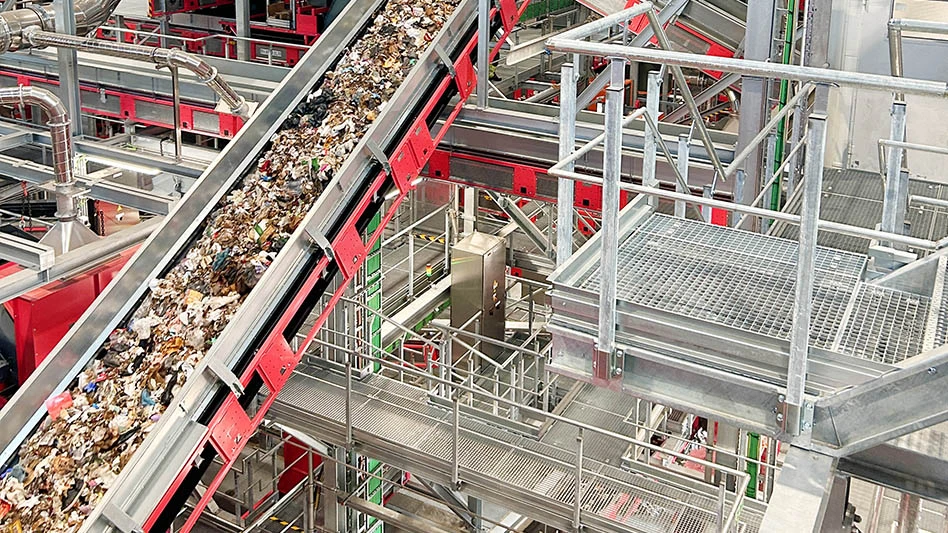
Valentin M Armianu | Dreamstime.com
The Honorable Steven Guilbeault, the Canadian minister of environment and climate change, has announced more than $575,000 in funding to support five projects aimed at reducing methane emissions.
These projects are for pilot-scale implementation of innovative monitoring and automation systems to reduce methane emissions at Canadian landfills, Canada’s Ministry of Environment and Climate Change says in a news release. Municipal solid waste landfills are responsible for almost a quarter of Canada’s methane emissions, which are generated when biodegradable waste decomposes.
“Canada has made great strides in reducing methane emissions, but more work must be done to halt the short-term damage of this potent greenhouse gas,” Guilbeault says. “Tackling methane emissions from landfills will help clean our air and achieve the Government of Canada’s 2030 target to reduce overall greenhouse gas emissions by 40–45 percent below 2005 levels. Successful demonstration of these technologies will provide Canadian landfill operators more tools to monitor landfill methane, identify leaks, and improve landfill gas recovery.”
RELATED: EREF report portrays organics diversion landscape in Canada | Canada names Food Waste Reduction Challenge finalists
This funding is provided through the Emerging Approaches for Reducing Landfill Methane Emissions Fund. The projects receiving funding are the following:
- Comcor Environmental Limited, in Cambridge, Ontario, received $49,748 to identify methane surface emissions and compare field method approaches and detectors at three Canadian landfills;
- Carbonaxion Bioénergies Inc., in Quebec, received $200,000 to demonstrate and validate advanced technologies for monitoring landfill gas recovery systems;
- The University of Western Ontario received $200,000 to monitor methane emissions from the city of London’s W12A Landfill using several emerging technologies;
- The city of Vancouver received $75,000 to evaluate and compare the use of several technologies for monitoring landfill methane emissions; and
- Comox Valley Regional District, in British Columbia, received $51,000 to use drones to monitor landfill gas emissions, assess collection efficiency and identify system leaks.
Methane emissions from landfills fluctuate over time due to various factors, including barometric pressure, operational practices and equipment malfunctions. Detecting and repairing leaks as quickly as possible and adjusting landfill gas recovery systems are important to help reduce emissions. Emerging drone-based monitoring technologies for landfill methane emissions and automated wellfield management systems present an opportunity to make leak detection and wellfield management easier and more effective.
These initiatives will help landfill operators evaluate the performance of these emerging technologies, identify the benefits and barriers to their adoption and provide examples of how these approaches can be implemented. Ultimately, these projects will support Canada’s waste sector to reduce methane emissions from Canadian landfills.
Methane is a potent, but relatively short-lived greenhouse gas, 86 times more powerful than carbon dioxide over a 20-year period. Cutting methane emissions from all sources, including landfills, is one of the fastest and most cost-effective ways to combat climate change.
Latest from Waste Today
- IEG hires general manager of service
- FZUK announces new commercial director
- Small-scale WTE partnerships
- Northwest Natural Renewables proposes Ohio landfill project
- US Senate backs reduced cuts to EPA
- Waste Connections announces Q2 results
- Returnity and Cosmoprof to address reusable bag waste
- SWANA releases report on aging WTE facilities





